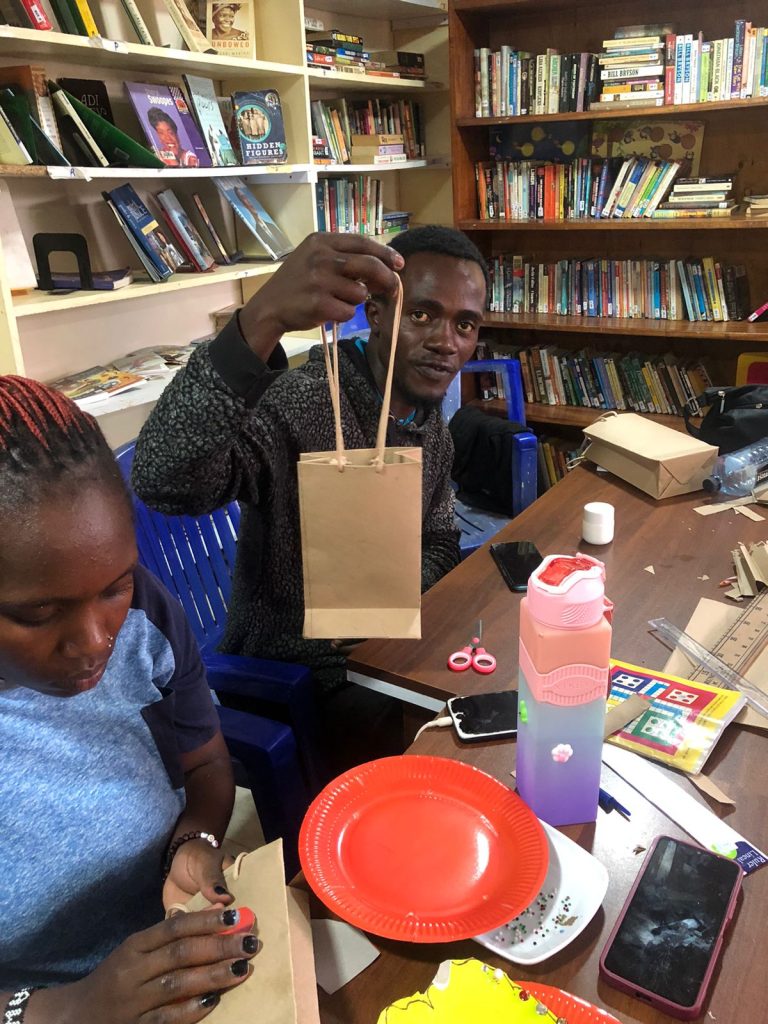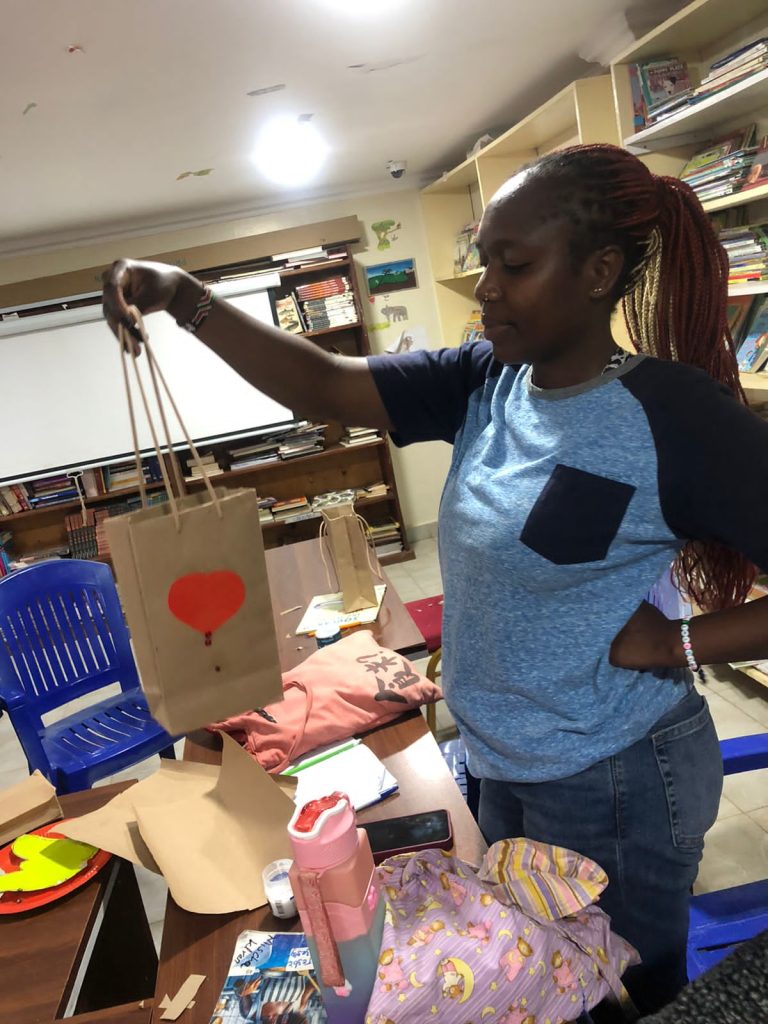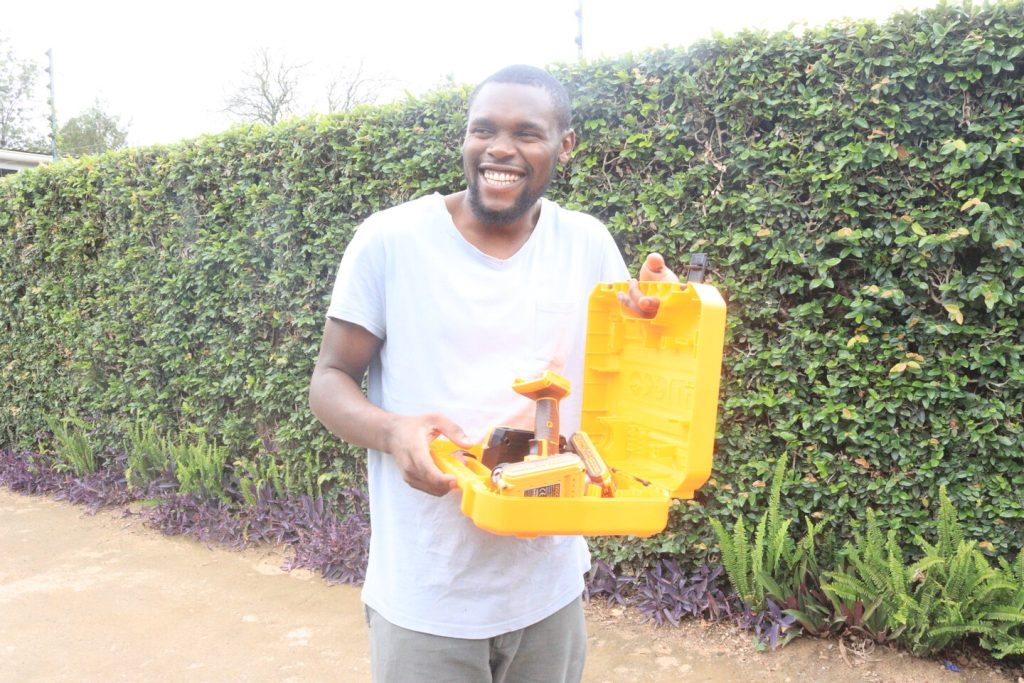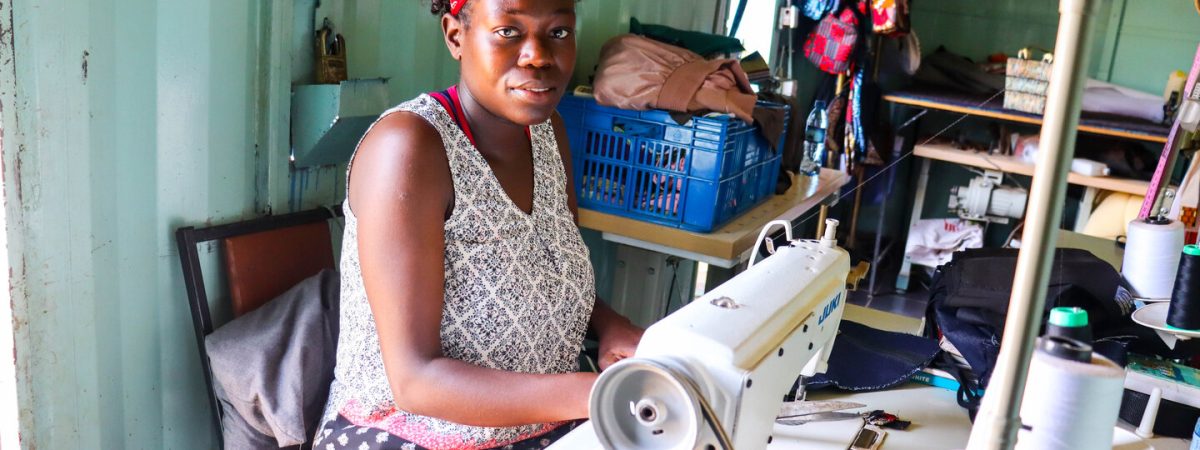Objective:
To provide NRCF beneficiaries with hands-on, practical work experience through structured apprenticeship opportunities that build technical, professional, and life skills, preparing them for sustainable employment and entrepreneurship while strengthening linkages with industry partners.


Approach and Training Plan
Selection and onboarding of Alumni
We require alumni to apply for an apprenticeship through the alumni department. We asses their vocational training background and interest in hands on trades
Training Approach
- Apprenticeship Programs engage alumni with technical skills and that run for 3 months beginning.
- The apprentices pick three master craftsmen close to their home to undertake the three-month apprenticeship training.
- The Employment Officer and Caseworker will visit the three and pick one most suitable for training. The suitability will depend on the Physical location of the shop, Space available, Tools/equipment available, and willingness of the trainer to guide the alumni towards employment opportunities after completion of training.
- The apprentice will then be attached to the trainer and is required to fill a logbook signed daily by the trainer and trainee showing lessons learned. Successful trainees shall receive a toolkit to enable them to start their own businesses or continue working with master craftsmen.
- The apprentice beneficiaries are required to attend the entrepreneurship training to understand how to start and run a business
Business Plan and Toolkit support
Upon completion of the training, the alumni develops a business plan for toolkit funding. NRCF provides a toolkit to help each beneficiary start a small business. The toolkit includes essential equipment needed to start a business up to a limit of 30k

Business launch and absorbed by mastercraftmen
The alumni start their business using the toolkit or get absorbed by the mastercraftsmen. NRCF conducts monitoring and evaluation to ensure the business is launched and working within three months of graduation
